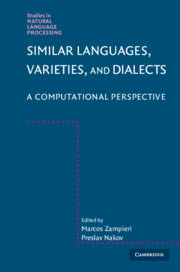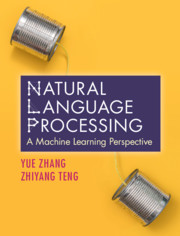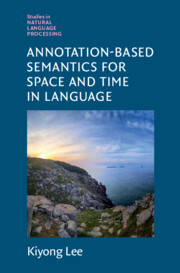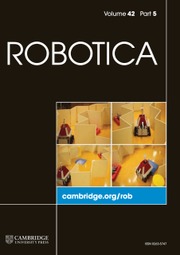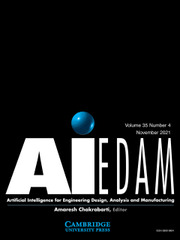Similar Languages, Varieties, and Dialects
Language resources and computational models are becoming increasingly important for the study of language variation. A main challenge of this interdisciplinary field is that linguistics researchers may not be familiar with these helpful computational tools and many NLP researchers are often not familiar with language variation phenomena. This essential reference introduces researchers to the necessary computational models for processing similar languages, varieties, and dialects. In this book, leading experts tackle the inherent challenges of the field by balancing a thorough discussion of the theoretical background with a meaningful overview of state-of-the-art language technology. The book can be used in a graduate course, or as a supplementary text for courses on language variation, dialectology, and sociolinguistics or on computational linguistics and NLP. Part 1 covers the linguistic fundamentals of the field such as the question of status and language variation. Part 2 discusses data collection and pre-processing methods. Finally, Part 3 presents NLP applications such as speech processing, machine translation, and language-specific issues in Arabic and Chinese.
- Features chapters written by well-known researchers in Dialectology, Language Variation, Sociolinguistics, Computational Linguistics, and Natural Language Processing
Reviews & endorsements
'Variation is a key aspect of human language, and yet it has been too often overlooked in computational linguistics. The book edited by Marcos Zampieri and Preslav Nakov is an important step towards filling this gap with top-level contributions that offer a new alliance between natural language processing and linguistic theory to understand this complex phenomenon and its impact on applications.' Alessandro Lenci, University of Pisa
Product details
August 2021Adobe eBook Reader
9781316998946
0 pages
1 colour illus.
This ISBN is for an eBook version which is distributed on our behalf by a third party.
Table of Contents
- Introduction Marcos Zampieri and Preslav Nakov
- Part I: Language variation James Walker
- Phonetic variation in dialects Rachael Tatman
- 3. Similar languages, varieties and dialects Miriam Meyerhoff and Steffen Klaere
- 4. Mutual intelligibility Charlotte Gooskens and Vincent J. van Heuven
- 5. Dialectology for computational linguists John Nerbonne, Wilbert Heeringa, Jelena Prokić and Martijn Wieling
- Part II:
- 6. Data collection and representation for similar languages, varieties and dialects Tanja Samardžić and Nikola Ljubešić
- 7. Adaptation of morphosyntactic taggers Yves Scherrer
- 8. Sharing dependency parsers between similar languages Željko Agić
- Part III:
- 9. Dialect and similar language identification Marcos Zampieri
- 10. Dialect variation on social media Dong Nguyen
- 11. Machine translation between similar languages Preslav Nakov and Jorg Tiedemann
- 12. Automatic spoken dialect identification Pedro Torres-Carrasquillo and Bengt Borgström
- 13. Arabic dialect processing Nizar Habash
- 14. Automatic classification of varieties of Mandarin Chinese Hongzhi Xu, Menghan Jiang, Jingxia Lin, Dingxu Shi and Chu-Ren Huang.

